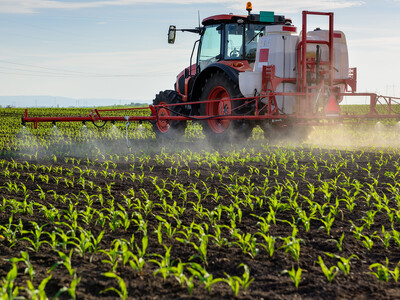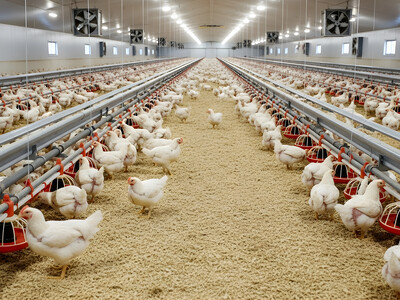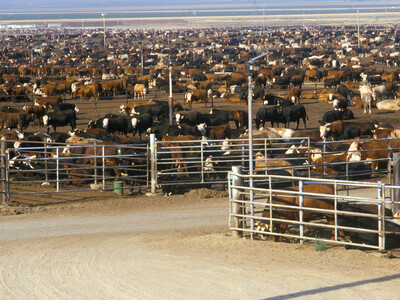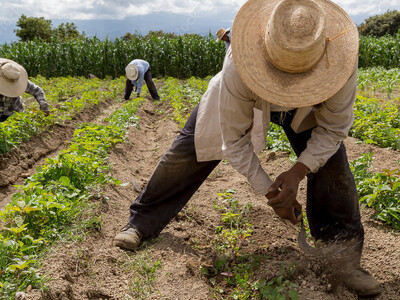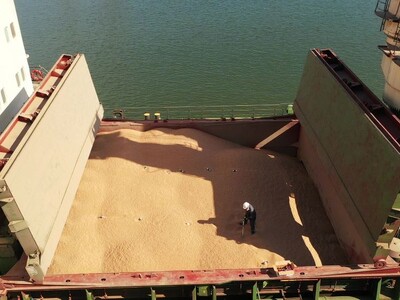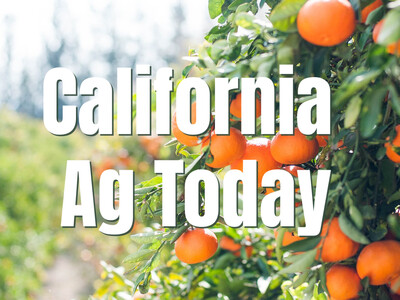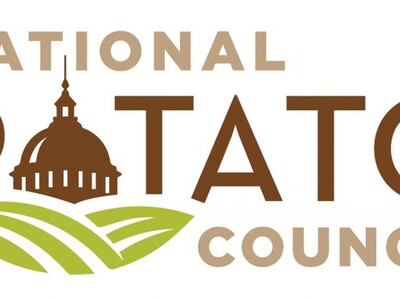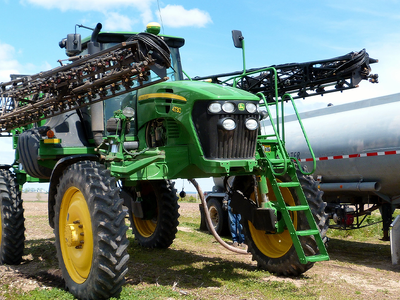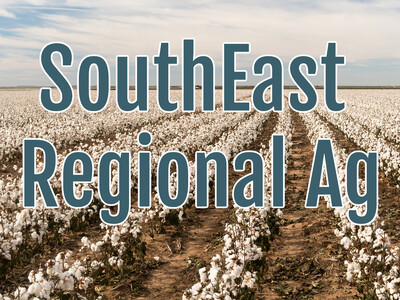Russian Trade
Russian Trade. I’m Greg Martin with today’s Line On Agriculture.
Russia will soon be a member of the World Trade Organization. But in order for the United States to get the full benefits as a trading partner, Congress has to grant Russia what is called Permanent Normal Trade Relations. During a hearing of the House Ways and Means Committee, Michigan Farm Bureau president and dairy farmer Wayne Wood testified on behalf of the nation’s farmers and ranchers on why Congress should not delay.
Wood: PNTR for Russia must be enacted by Congress in order to guarantee U.S. access to the market opening and legal commitments that are part of Russia’s WTO accession agreement. U.S. farmers and ranchers will have more certain and predictable market access as a result of Russia’s commitment not to raise tariffs on any products above the negotiated rates and to apply non-tariff measures in a uniform manner.
In 2011, the United States was the third-largest agricultural supplier in the Russian market, where imports of U.S. food and agricultural products exceeded $1.36 billion. Wood explained that Russia’s membership in the WTO should offer opportunities to make that number even bigger.
Wood: Congressional approval of PNTR will result in improved market access for U.S. agriculture. Upon ascension the average tariff rates for agricultural goods will drop from 13.2 to 10.8 percent.
By joining the WTO, Russia will now play by WTO rules. Wood urged members of Congress to allow U.S. agriculture to benefit from that level playing field.
Wood: An agricultural trading relationship based on international scientific standards and expanding opportunities will benefit both the U.S. and Russia. Our competitors for the Russian market will have the benefit of Russia’s accession agreement commitments when Russia becomes a full WTO member. American agriculture must not lose market opportunities to other countries due to inaction.
Wood explains that all trade issues with Russia haven’t been settled, but that shouldn’t stop Congress from granting it Permanent Normal Trade Relations.
Wood: While not all agricultural trade issues were settled in the accession agreement, including specific concerns for pork and dairy exports, there is ongoing discussion between the U.S. government and Russia about improving the conditions of trade for these commodities. We support the continuing efforts by the Office of the U.S. Trade Representative and the U.S. Department of Agriculture to improve agricultural trade with Russia.
That’s today’s Line On Agriculture. I’m Greg Martin on the Ag Information Network.




